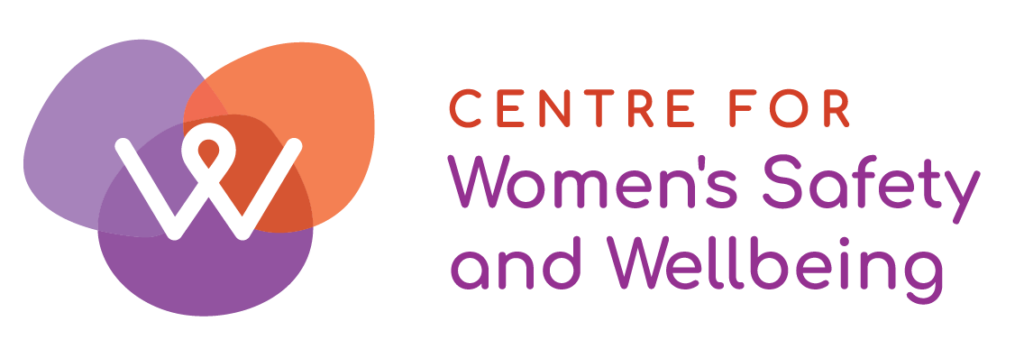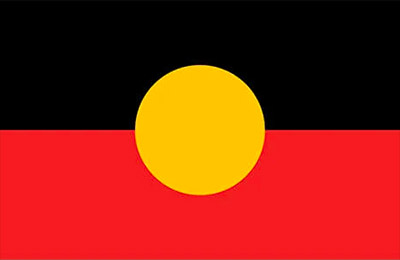A reflective piece in response to recent events in Kewdale, WA
By Dr Alison Evans, CEO of the Centre for Women’s Safety and Wellbeing
On my early morning walk on Tuesday, April 18th, a woman walking behind ran to catch up with me. ‘I’ve seen you on the news a few times talking about domestic violence. Did you hear about that woman being killed by her partner in Kewdale? It was on the early morning news’. ‘No, I didn’t’ I said. She told me a bit about it. ‘It’s shocking, isn’t it?’ She said. I nodded my head in quiet agreement.
When I got home, I looked it up on the ABC news website. It’s a tough and emotional read. It always is. Tears always burn when they fall in response to someone’s suffering – in this case, a women and her children’s suffering. Your heart heaves.
‘She ran out into the front of the house and into the street, then back into the front of the house screaming … and then the kids came out with her,’ the ABC reported. ‘The screaming, the immense screaming, the wailing … is the first thing we heard before the police sirens,’ a neighbour was quoted as saying. WA Police Commissioner Col Blanch revealed it was the two young children who called police after their mother was assaulted. Devastating stuff.
I sat there for a little while. But then I went about my morning – cuddling and fussing my teenage children before getting them where they needed to be and then setting off to work, a lump in my throat.
If things were as they should be women and children experiencing family and domestic violence would be supported everywhere they turned. Everyone would be working to keep them safe. Everywhere the perpetrator turned he would be prevented from causing harm. He would be held to account by everyone. You would never see women and children alone like that – terrified, terrorised, fighting for their lives. We would be gearing everything up – all our government policies and legislation, our police, courts, communities, workplaces and schools – to prevent this violence from ever happening, to actively promoting the kinds of relationships and societies that we want to see: kind, respectful, equitable.
There are dedicated people working hard in government and government agencies to prevent and improve responses to family and domestic violence, but they can’t match the sheer scale of the problem. Government needs to go in much harder and faster to drive the kind of change that we know would have made a difference to how things turned out this school holidays for a mum and her two children.
Let’s put in the hard work and the resources that are needed to build a solid foundation for change and let’s build it faster.
- Invest more in specialist family and domestic violence services to meet high demand and need.
- Build and support specialist family and domestic violence workforces so victim survivors get the best response possible wherever they are in the State.
- Safely house women and children escaping perpetrators of family and domestic violence.
- Insist that WAPOL and Justice responses support victim survivors every step of the way and prevent perpetrators form causing any further harm.
- Invest meaningfully into primary prevention – not this drop in the ocean nonsense that will never put a stop to the high rates of violence that we are seeing perpetrated against women and their children.
Please join us on May 3rd to light a candle to remember those who have been killed by perpetrators of domestic and family violence. By joining this evening of reflection and remembrance, we honour their memories and help bring light to this national crisis. You will find further information here.
In an emergency, or if you or someone you know is in immediate danger, call the police now on 000,
24-hour helplines
If it’s not an emergency and you need support, you can call these numbers 24 hours a day, seven days a week.
If you are assisting someone who does not speak English, first call the Translating and Interpreting Service (TIS) on 13 14 50. They can connect you with the service of your choice and interpret for you. ·
- 1800RESPECT National Sexual Assault, Domestic Family Violence Counselling Service 1800 737 732
- Women’s Domestic Violence Helpline: 1800 007 339
- Crisis Care: 1800 199 008
- Men’s Domestic Violence Helpline: 1800 000 599
- MensLine Australia: 1300 78 99 78
- Sexual Assault Resource Centre: (08) 6458 1828 or free call 1800 199 888.





